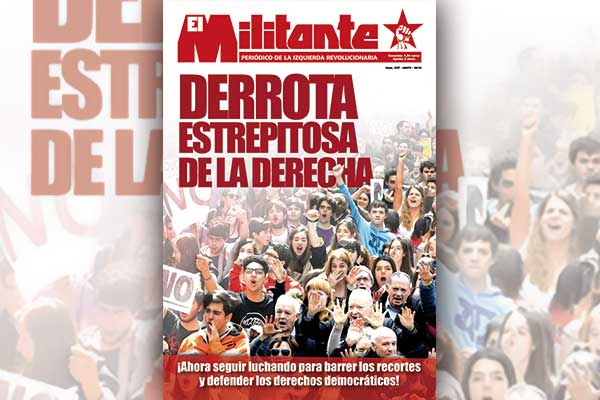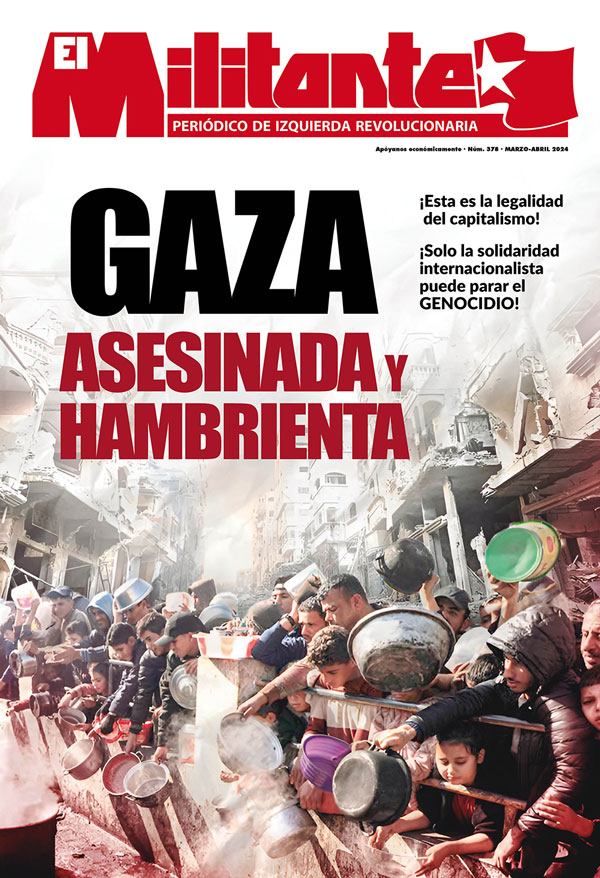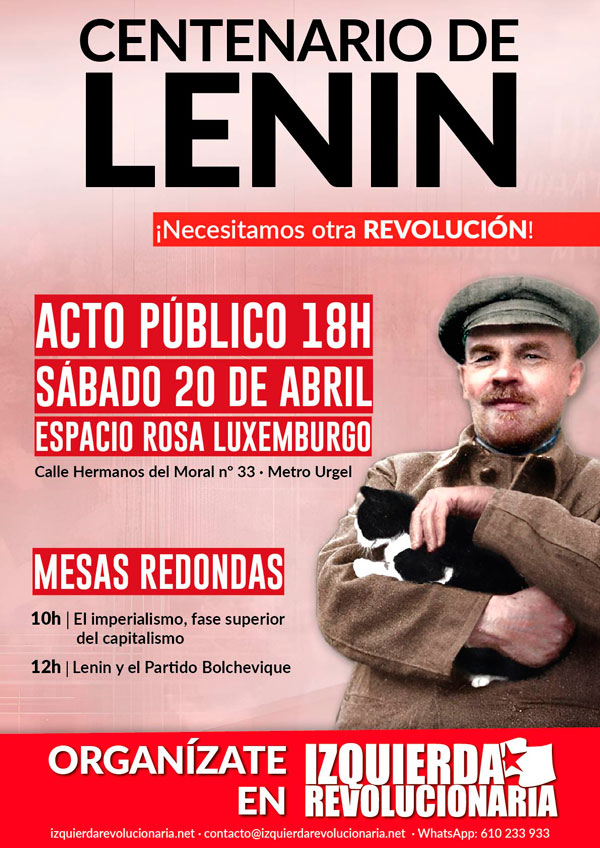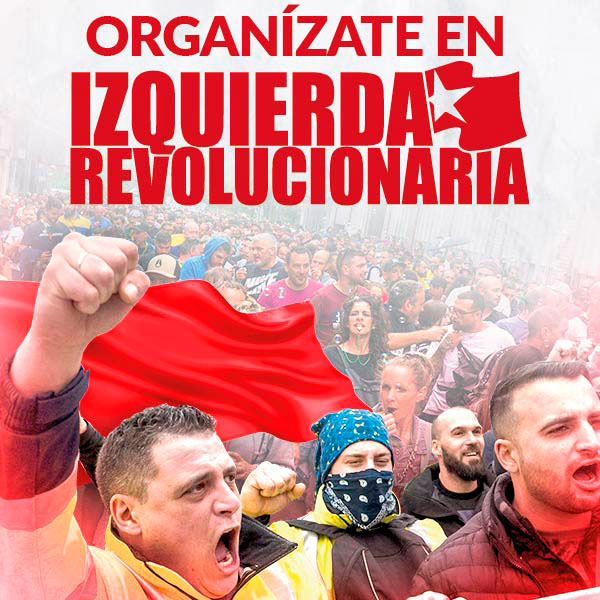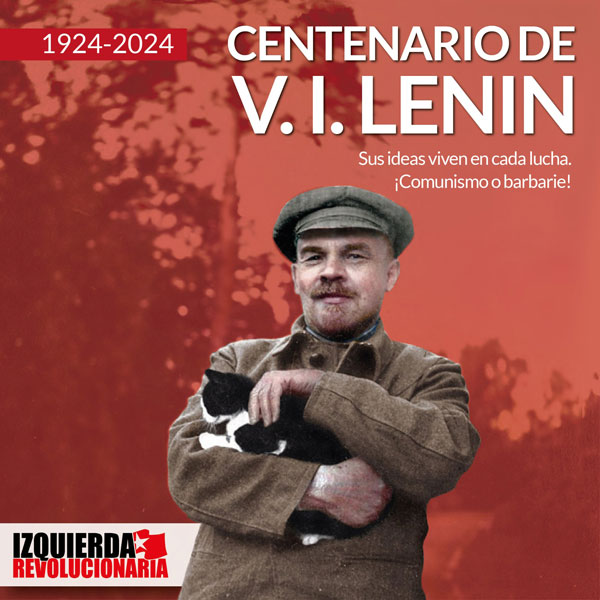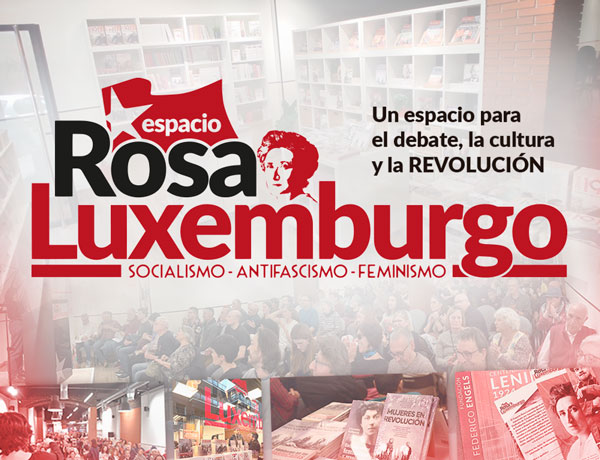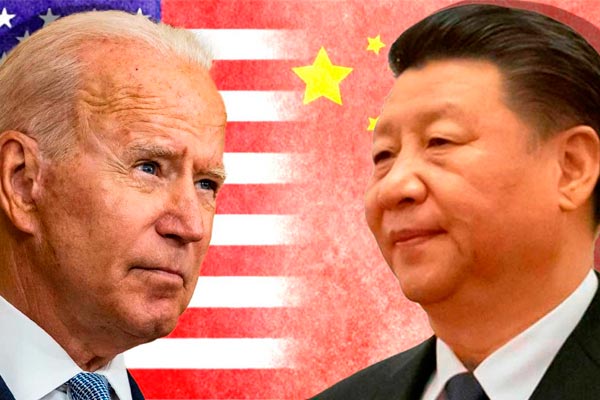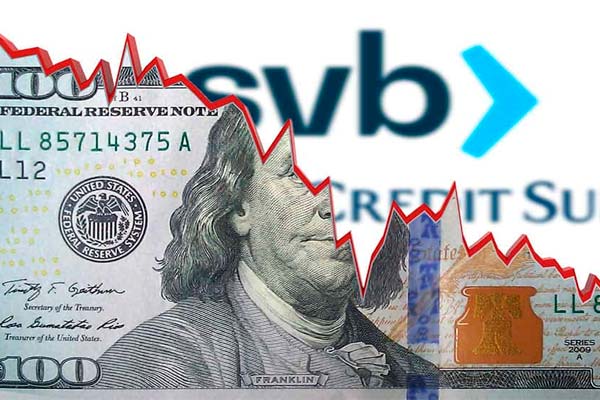Now let’s continue the fight to end cuts and defend democratic rights!
The elections on April the 28th have resulted in a devastating defeat for the reactionary bloc. After years of Spanish nationalism and a furious campaign against the Catalan people and the right to self-determination, the nauseating vindication of Franco´s dictatorship and the exhibition of neoliberal economic programs to crush the workers, the right comes out of these elections much more weakened and with the Partido Popular (PP) in coma.
As we have pointed out in our electoral declaration: the correlation of forces is favorable to the working class and youth after years of formidable mobilizations. This is the decisive factor that explains the overwhelming result. Not only have we stopped the steps of the “classical” right, we have also hit hard at the "emergent" far-right that is Vox. After what happened in the Andalusian regional elections, the whip of the most Spanish nationalist, anti-worker and sexist reaction spurred the response of millions of workers and young people in all the territories. We said “No pasarán!” (they won’t pass!) and they did not.
A quick analysis of the elections shows a very significant balance sheet:
Firstly, the vote of the left has been grouped in the PSOE of Pedro Sánchez. With 7,480,755 votes (28.7%) and 123 seats, it reaps a strong rise compared to 2016, when it obtained 5,424,709 votes (22.7%) and 85 members of parliament (MPs). PSOE also achieves an absolute majority in the Senate for the first time in 25 years.
Podemos experiences a drop in seats and votes that is not negligible, moving from 71 to 42 seats, and from 5,049,734 votes to 3,732,929 (from 21.1% to 14.3%). Nevertheless, it is evident that Podemos’ retreat has been less than what the polls predicted, and the party has managed to maintain a very considerable electoral basis.
In total, the whole of the left that run for these elections, including the nationalist left of Euskal Herria, Catalonia and Galicia, has obtained 13,239,980 votes (50.8%) and 185 seats. This means 2 million votes and 36 seats more than the sum of the Spanish right (PP, Ciudadanos (Cs) and Vox).
Secondly, the reactionary bloc obtained a total of 11,276,920 votes, 43.2%, and 149 seats (PP, Cs, Vox and Navarra Suma). The catastrophe of the PP is impossible to hide. With 66 seats and 4,356,023 votes, it loses 45% of its electoral support and remains with only 16.7% (in 2016 it obtained 7,906,185 votes, 137 seats and 33%). Pablo Casado has reaped the worst figures in the history of the PP.
Thirdly, Ciudadanos achieves 4,136,600 votes, 57 MPs and 15.86% (in the 2016 elections they obtained 3,123,769, 32 seats and 13.1%). Only a year ago most of the polls placed Albert Rivera's party as the most voted, but after this 28th of April the party gets 66 seats less than the PSOE of Pedro Sanchez, when in 2016 it got 53 less.
The same happens with the frustrated expectations of the far-right. The polls spoke of a spectacular irruption, but the balloon ended up deflating. Abascal´s party gets 2,677,173, 10.26% and 24 MPs. Vox is nothing more than a part of the traditional vote of the PP that sensed the opportunity to take revenge from the social mobilization and the struggling left, turning its class hatred against the workers, against the great movement for the Catalan republic, against women and the impressive general feminist strike of the 8M, or against the “pensioners’ tide” that has taken the streets without rest. Spain the “one, great and free”(as the francoist slogan goes) ended up very badly injured after these elections.
Fourthly, in the Basque Autonomous Community (Basque Country), neither the PP, nor Cs, nor Vox obtained any seats. This loss of electoral representation of the PP is unprecedented. In Catalonia, the reactionary block crashed: the PP goes from 6 MPs, in 2016, to 1 single MP in 2019, Cs stays with 5 and Vox takes 1 seat. A strong response to their use of article 155 (the article in the Spanish constitution used to suspend the rights of the Catalan Parliament) and to their desire to crush the Catalan Republic.
Another fact: for the first time an independentist party wins the general elections in Catalonia. Esquerra Republicana rose to 15 seats and 1,015,355 votes (24.6%), more than a 60% increase in relation to its 2016 results; followed by the PSC (PSOE in Catalonia) with 12 MPs and 958,343 ballots (23.2%), and In Común Podem (Podemos in Catalonia) with 7 and 614,738 respectively (14.9%). The left in Catalonia achieved 2,765,157 votes, 34 seats and 65.4%, compared to 825,786, 7 seats and 20% of the right-wing Spanish nationalist bloc.
The right also suffers a severe blow in the regional elections of the Valencian community, the territory where it reached large majorities in the past.
Lessons from the class struggle
It is impossible to separate these electoral results from the dynamics of the class struggle of recent years. Against the skeptics who pontificate at all times the supposed weakness of the working class and the "strenght" of the right; against those who speak of "low consciousness" and ideological "confusion"... these elections show a completely different picture.
Despite the policies of the leaders of the PSOE and of Pedro Sanchez, who, in his eight months at the head of the Government was unable to dismantle the social counter-reforms of the PP, reverse the cuts or put an end to the agenda of austerity, precarious jobs, low wages and evictions. Despite the deep shift towards social-democratic and institutional positions, and the abandonment of the struggle in the streets that the direction of Podemos pursued. In spite of the fact that the Spanish parliamentary left has folded back again and again to the regime of 78, paving the way for Spanish nationalism and renouncing the right to decide... In spite of all this, the working class and youth, in a massive way, as well as broad sectors of the impoverished middle layers have also decided to express in these elections their firm opposition to a government of the reactionary bloc.
Votes, in the present conditions of bourgeois democracy, mediated by a reactionary electoral law and a mass media in hands of big capital, always represent a fixed picture of the state of mind of the masses. The film, however, has many more frames and, in an environment of growing social and political polarization, of unresolved economic crisis for the majority of the population, of massive unemployment, precariousness and exploitation, of attacks on democratic rights and systemic violence against women, these results have confirmed a profound and consistent left turn, as well as the progress in the process of development of political consciousness.
Nothing of what happened in these years happened by chance. The elections — just like Rajoy´s impeachment in June 2018 — were preceded by large mobilizations that overwhelmed the social peace that the bureaucracies of the unions and the reformist left sought to impose.
The feminist general strike of March 8 was like a tsunami, with millions of workers paralyzing production and cramming the demonstrations; the same can be said of the multitudinous demonstrations of pensioners for more than a year; of the struggles of the youth, many of them promoted by the Sindicato de Estudiantes (Students’ Union), in defense of public education, for the right to decide in Catalonia or against climate change; the persistent protests to denounce the cuts in public health in Galicia, Valladolid and Teruel; workers’ struggles like Alcoa or the great taxi strike in Madrid; mass demonstrations in Catalonia against State repression and for the freedom of political prisoners, or those that have filled the streets of Navarra in solidarity with the youth of Altsasu...
The reactionary bloc caressed power only a few months ago. The regional elections in Andalusia filled their ranks with confidence, especially the far-right that saw how its fascist, racist and sexist discourse found an echo in the oligarchy, in sectors of the middle layers poisoned by Spanish nationalism and the most petty prejudices, and the most backward and demobilized sections of the workers.
But historical memory has not been lost, nor has the memory of the PP governments been lost, with their wake of brutal social cuts, of attacks on democratic rights, their organic neofrancoism that mimicked Vox in the electoral campaign, and the mud of corruption that has covered it in the last years.
These elections have also exposed the lie that is presenting Vox as anti-establishment or as a force against the system. Nothing is further from reality. Vox is an organization that defends the capitalist order and the reactionary tradition of the Spanish bourgeoisie, its state apparatus and its totalitarian tendencies. The workers know this and have acted accordingly.
Pedro Sánchez has all the options available to form a government and have a parliamentary majority to back him up. In these conditions, seeking a pact with Ciudadanos would be political suicide. There will be pressure in this sense from Ibex 35 and the CEOE, from the European Union and the great international speculators, that much is obvious. But a government of that kind — one that would apply a harsh neoliberal economic program and, in the field of the national question, would be the prisoner of insolvable contradictions — could only face a wide opposition in the streets.
Pedro Sánchez has now a larger credibility than a year ago when he won the impeachment vote against Rajoy. But credibility, in a situation as volatile and polarized as the current one, can disappear quickly. The possibility of closing an agreement for a pact with Podemos is on the table. But that pact can take different forms: it can go from a coalition government to a pact of support for the legislature, passing through specific agreements in Parliament to ensure governance.
Pablo Iglesias has shown an enormous disposition to enter the government of Sánchez, and seems willing to pay any price for that. But it isn’t as clear if the socialist apparatus wants to include him. A single-colored government of the PSOE with the firm support of the MPs of Podemos, and supported by specific pacts with the PNV, ERC and Bildu — similar to the PS in Portugal supported by the Bloco de Esquerda and the Communist Party — may be another of the possibilities. Something like this would also give some room for Pedro Sánchez to get rid of many of the promises made during the campaign.
The new executive of Pedro Sánchez, whatever combination he chooses, will be faced with major challenges. In the Catalan question, it has to deal with the next sentence of the Supreme Court, and face a mass movement that today is stronger and won’t renounce to self-determination and the Catalan republic. In the social and economic field, it will face the pressures from bosses, banks and the EU to accelerate counter-reforms in a horizon of recession.
Sanchez would prefer political stability, but he won’t have it. He’ll be harassed by the right, who will not give truce to his government. On the other hand, the social base of the left that has boosted this victory will give the government a reasonable time to wait and see how it responds to the demands we have tenaciously put forward for years. But everything has a limit and no blank check has been handed. The electoral result has made it clear that we don’t want the PP, nor Cs, nor Vox in La Moncloa, but it will be difficult for us to swallow any more cuts, inequality and poverty.
The experience of these last years has shown that it is not possible to govern for two masters simultaneously. It’s either government for the capitalists, the bankers, the great powers that support the 78 regime, or government for the workers and their families, the unemployed, the youth suffering from the lack of a decent life, the pensioners, the people of Catalonia who fight for the republic and their legitimate right to decide, women beaten by inequality and violence, the oppressed and the exploited raising a socialist program to transform society.
Deep social changes are achieved through confrontation with the great economic and political powers, organization and struggle. We have defeated the right in these elections, but we must proceed with the massive mobilization and build a combative left, with strong roots in the workers' movement and the class unions, in schools and in the social movements.
It's time for struggle and organization!
Join Izquierda Revolucionaria!
* All the data in this article is from when 99.99% of the votes were counted.
Leer en castellano






